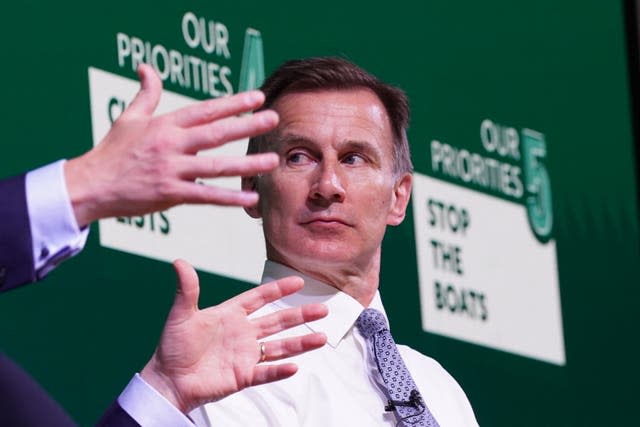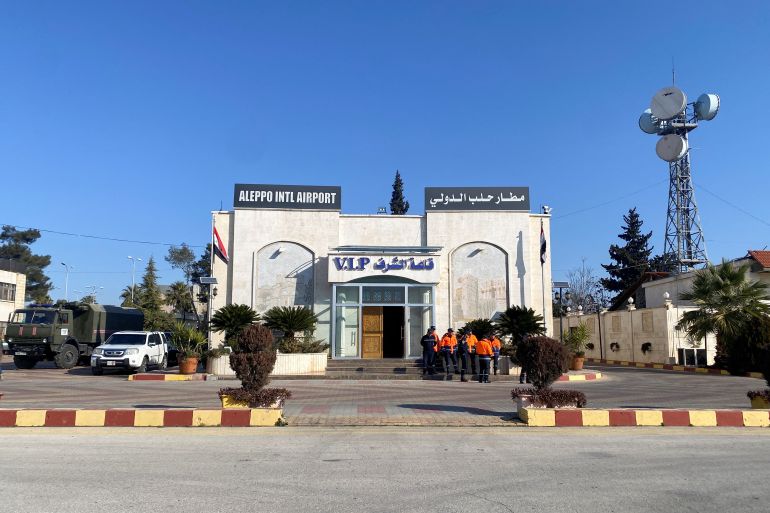Mon, March 6, 2023

GE Appliances says it is offering sponsorship money in hopes of helping resolve the labour impasse between Canada Soccer and the women's national team.
The company sent a letter to interim Canada Soccer president Charmaine Crooks expressing its "deep concern" regarding the dispute between the two sides and said it's prepared to put up $100,000 "in incremental sponsorship activation funding, explicitly targeted to support the women’s team program."
The amount is additional money to GE Appliances' existing sponsorship of Canada Soccer.
"I think this dispute between Canada Soccer and the women's national team had gone on for a fair amount of time," chief brand officer Bob Park told The Canadian Press. "We really wanted to get involved, really to be a positive force in soccer.
"We're really in soccer for one big reason, and we want to be known as a true corporate supporter of the game in Canada. In order to do that, we want to align with a partner, in this case Canada Soccer, and we expect that our brand values are shared and they exhibit those values in their actions.
"Of late, that's been a little bit more of a challenge, so we wanted to offer up some solutions."
The move comes four days after Canada Soccer and the women's team agreed in principle upon an interim deal on compensation for 2022.
The sides have been at odds for some time, with the women's team going on job action in February before quickly returning to the pitch due to Canada Soccer threatening legal action. The team competed at the SheBelieves Cup in protest shortly after.
Crooks was named interim president on March 1 following Nick Bontis's resignation from his post, acknowledging "this moment requires change."
With the women having said more needs to be done to achieve labour peace and the Women's World Cup coming up in July, Park believes the time is now to settle things.
"The time for us all to show up, for our sport and its players, is now," he said in the letter. "Our players and our teams have never seen more success. And the opportunity to grow the beautiful game in Canada has never been greater."
Park, who said he spoke with Canada Soccer general secretary Earl Cochrane regarding the financial offer and it being directed to the women's team, hopes other sponsors could join in to help.
"(It's) really to encourage other sponsors or potential sponsors or current sponsors to come forward and pitch in as well."
This report by The Canadian Press was first published March 6, 2023.
Abdulhamid Ibrahim, The Canadian Press









